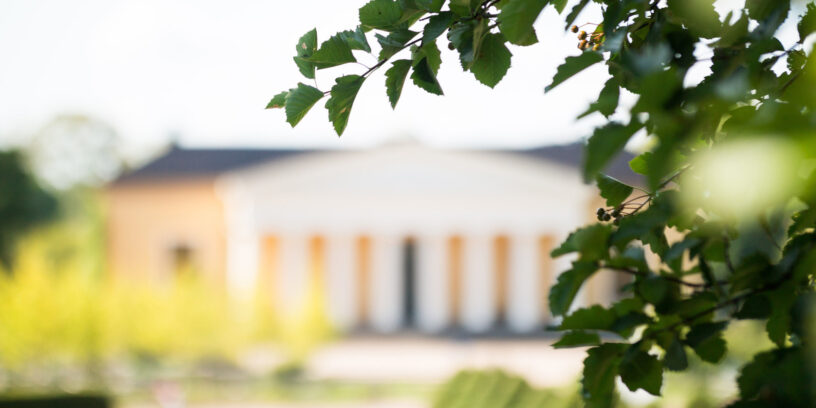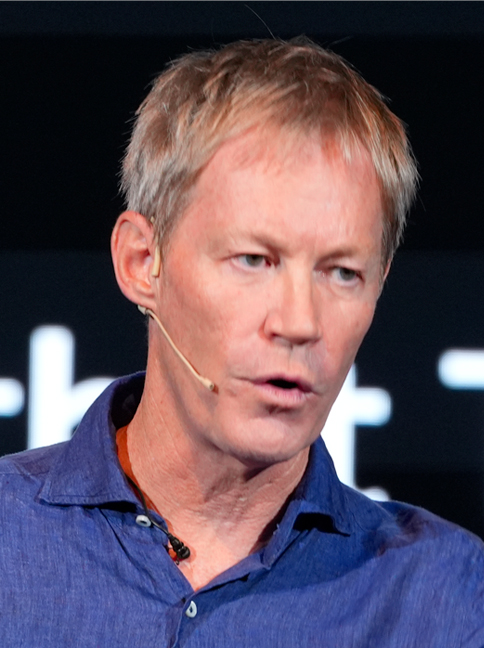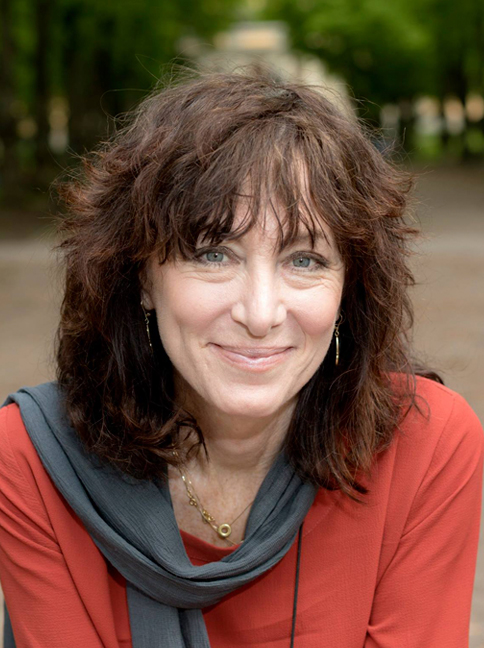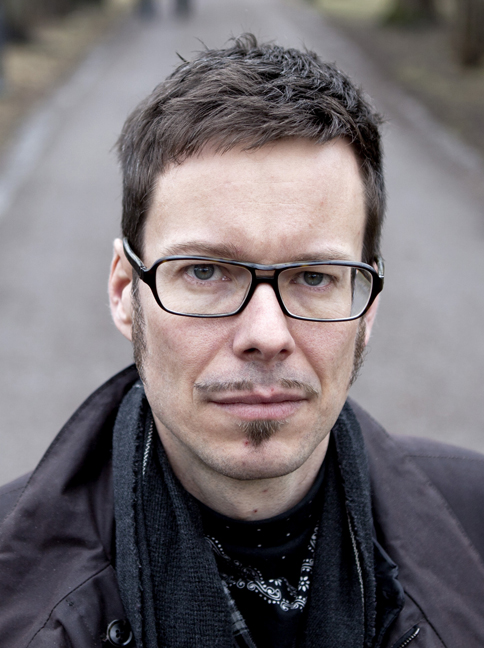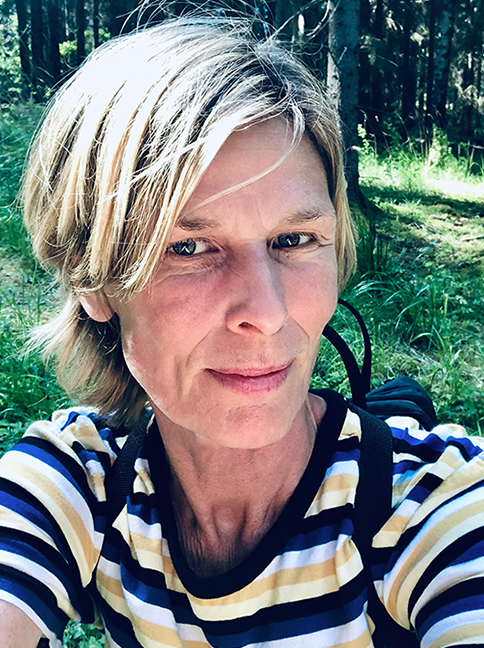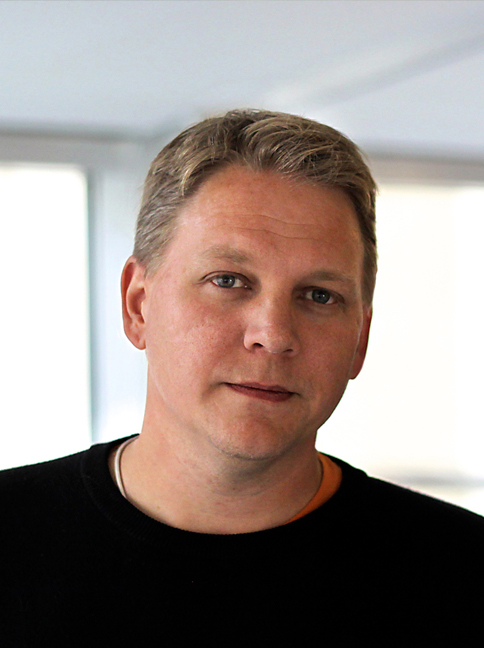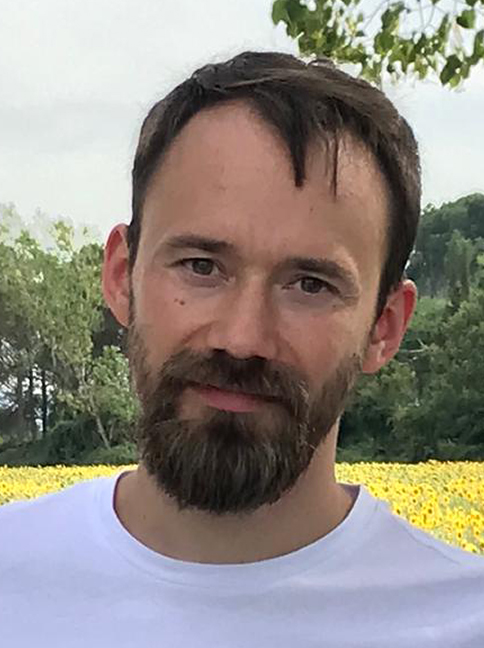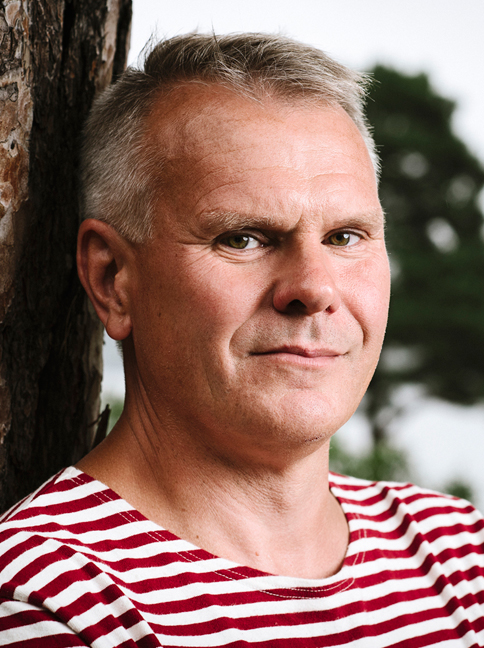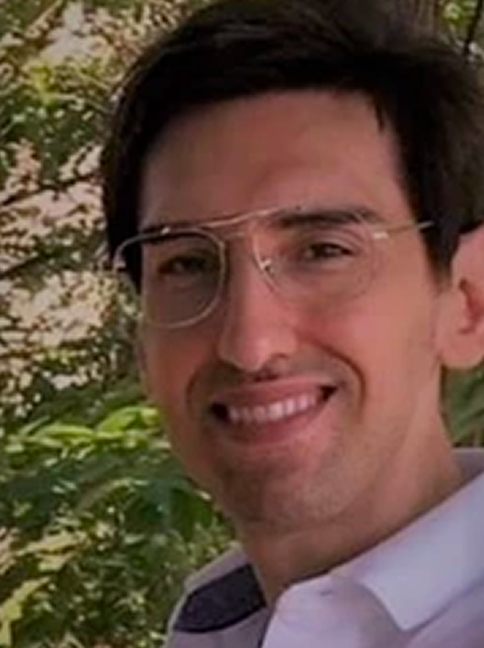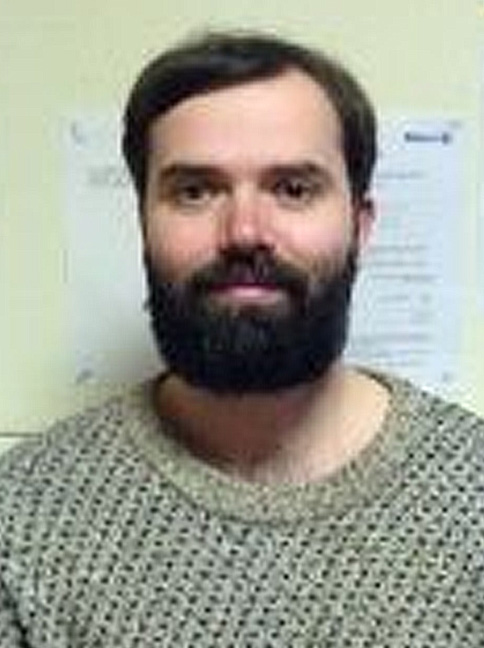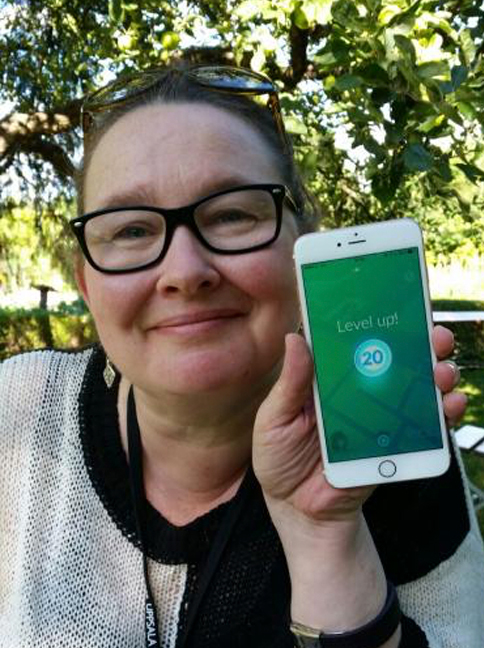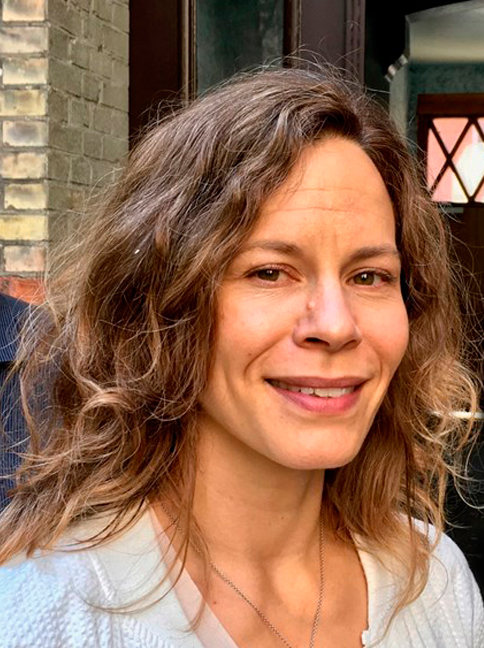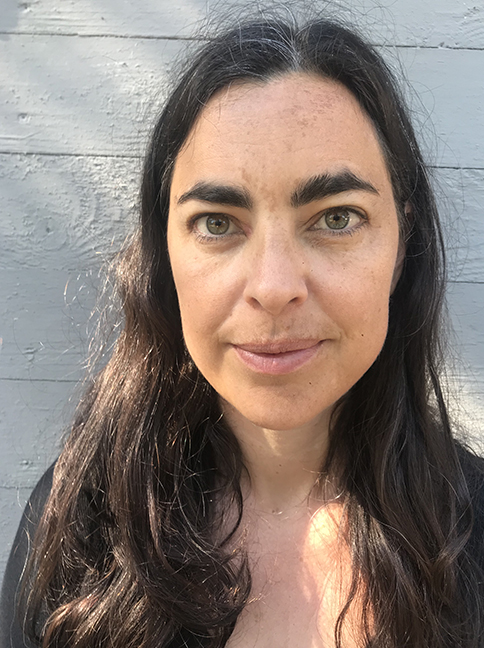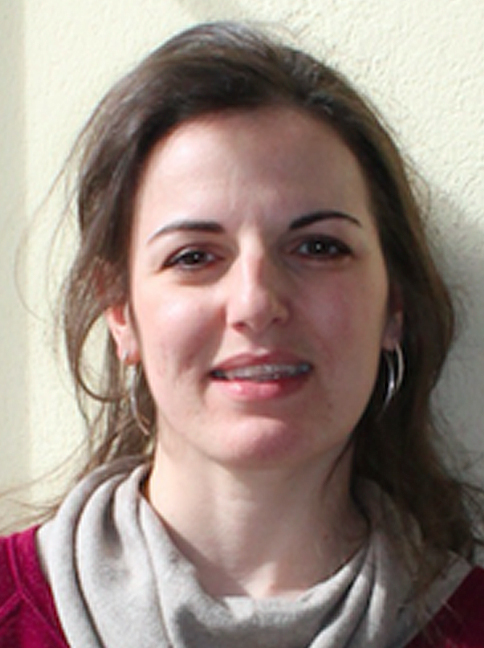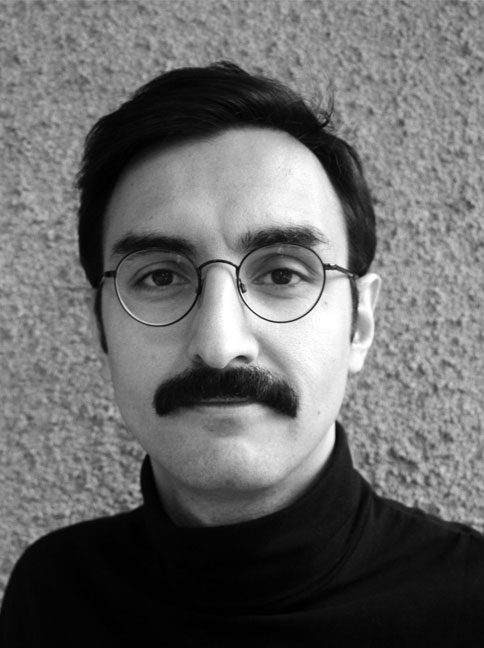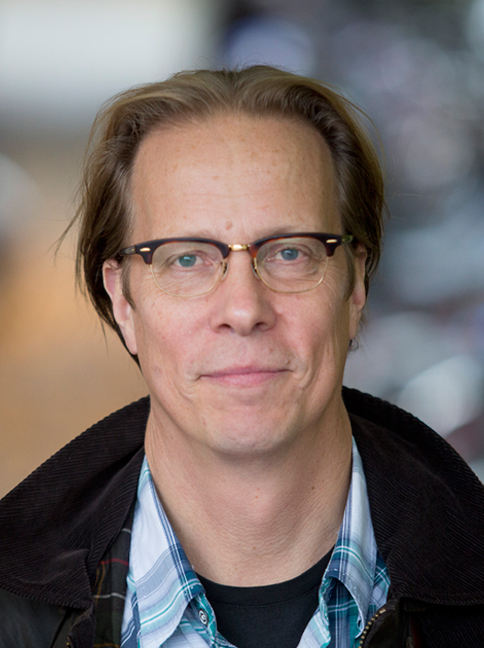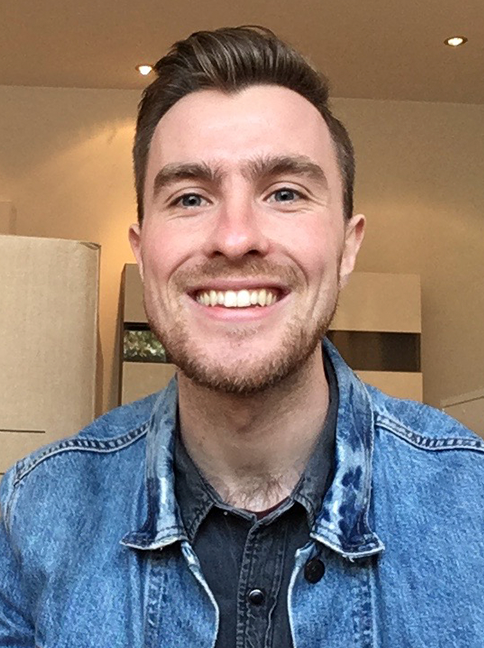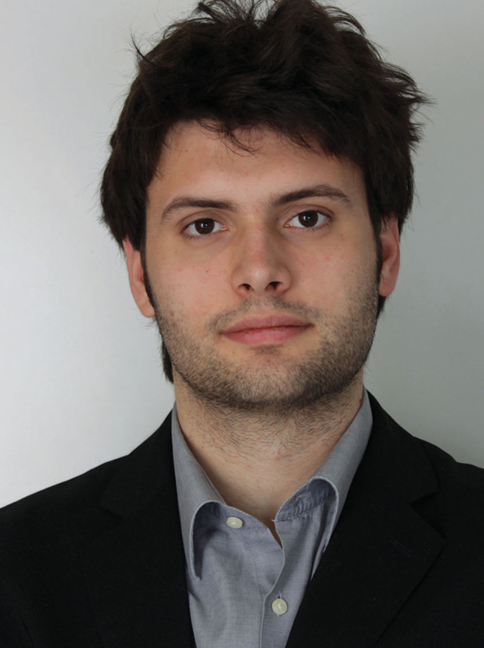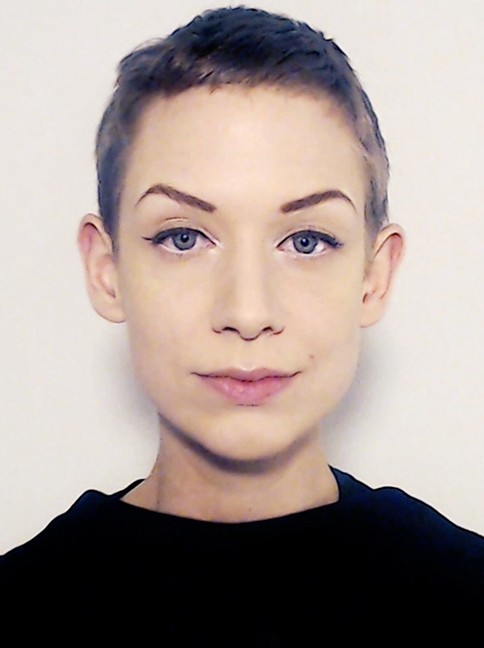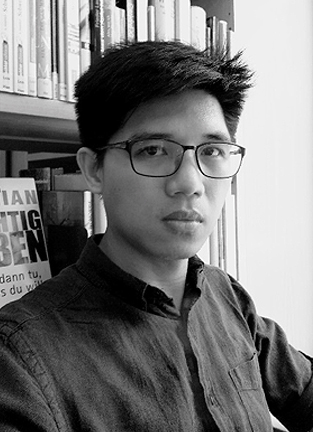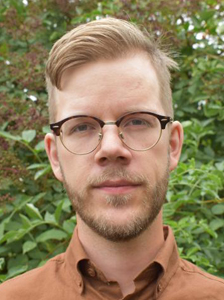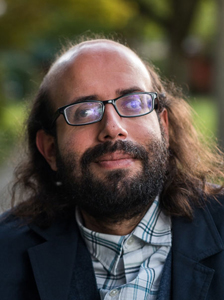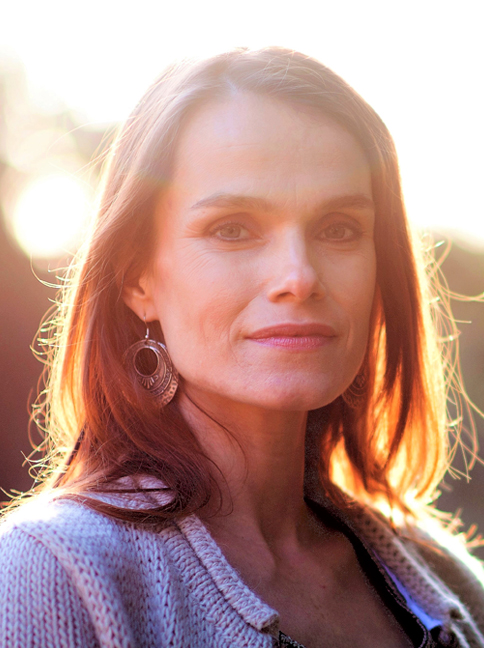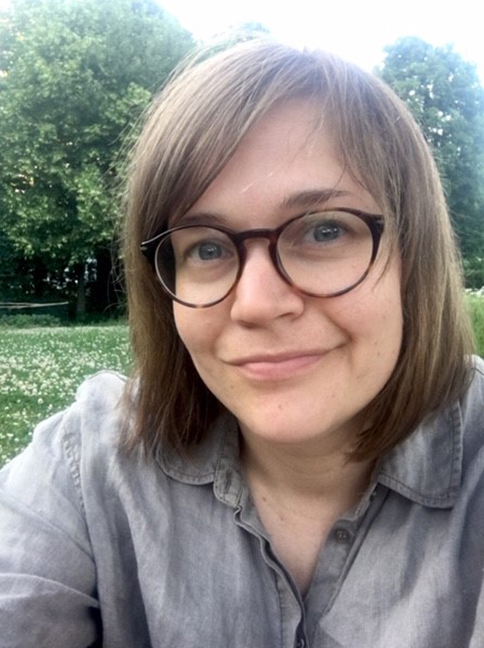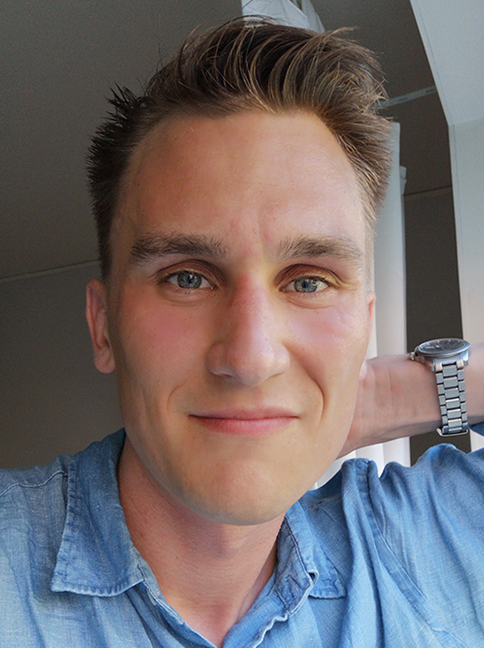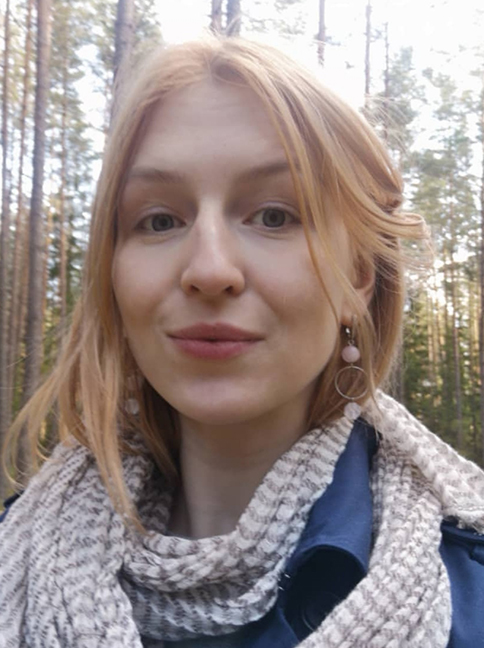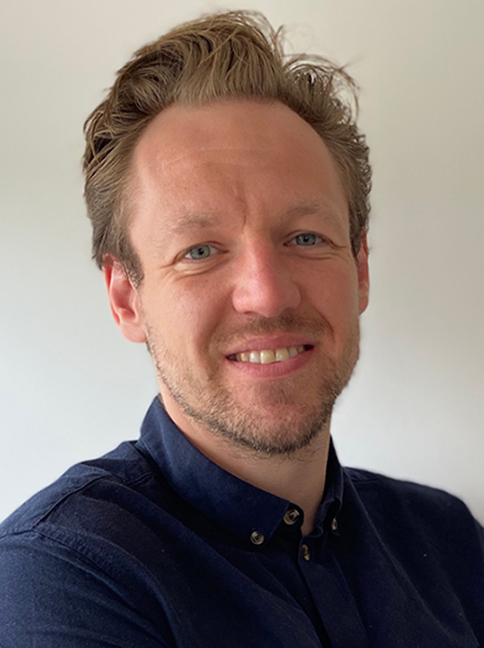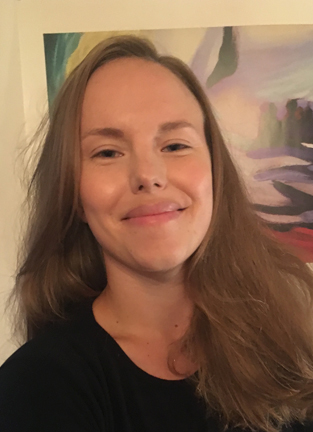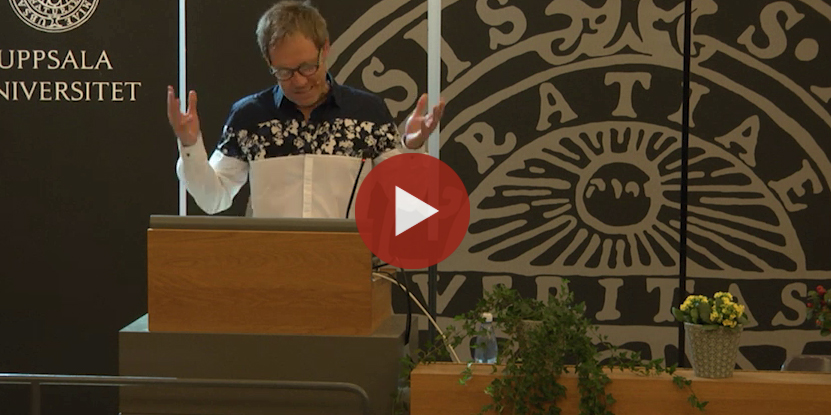Uppsala University
Schedule, Spring 2023
Time: Thursdays at 10.15-12.00 Venue: Campus Engelska parken, room ENG 3-2028 The seminars are conducted in English. For more information and readings, contact mats.hyvonen@antro.uu.se Links to previous seminar series are found here: https://www.engagingvulnerability.se/previous-seminar-series/
Friday February 3, at 09.15, in room 6-1023 (Geijersalen), English Park Campus
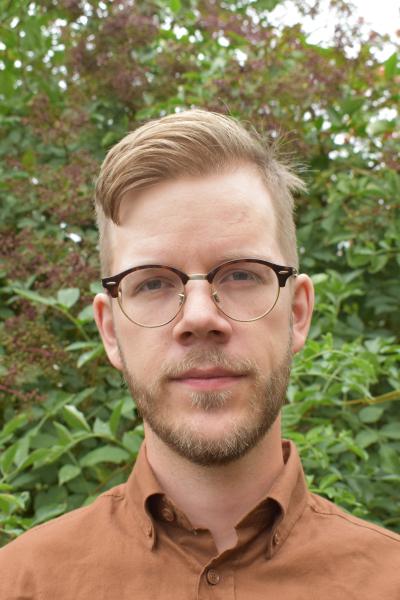
PhD defense, Rikard Engblom: Time Warps – Refugees and the Experience of Waiting in Rural Sweden.
Thursday February 23, at 14.15–17, in room 6-0023 (Daniusrummet), English Park Campus
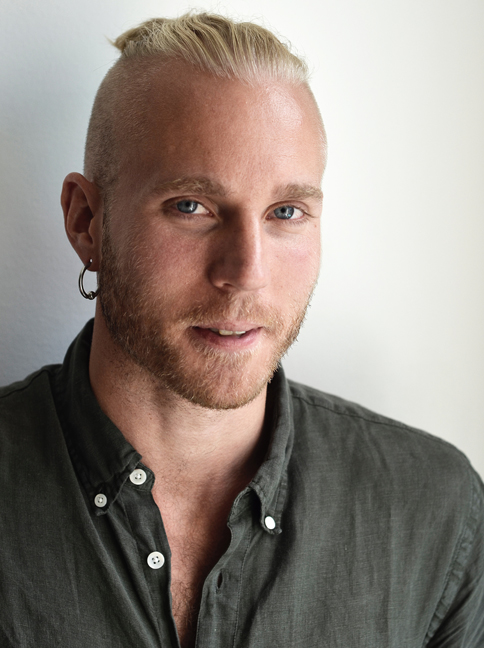
Final review of Karl Ekeman’s dissertation manuscript. External examiner: Alan Finlayson, University of East Anglia. More info to be found here: https://www.littvet.uu.se/calendar/event/?eventId=76630
Wednesday March 1, at 13.15–15, in room 1-0062, English Park Campus
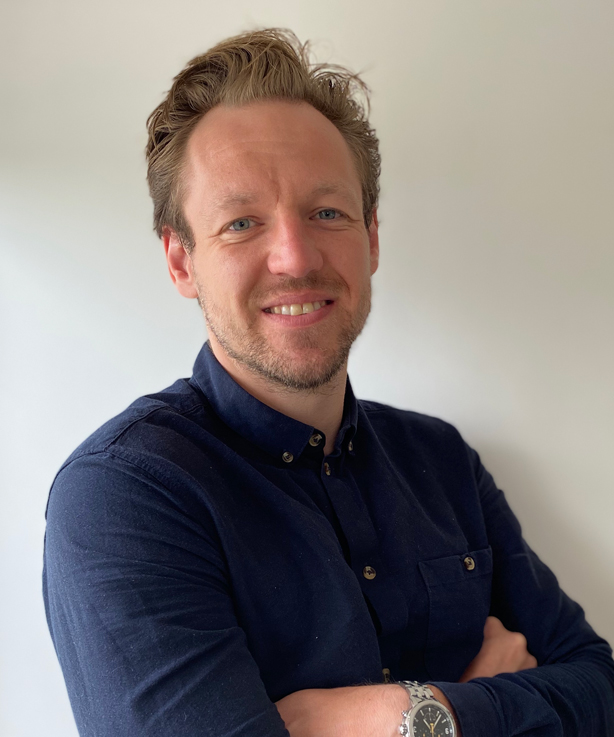
Aske Stick presents a chapter from his PhD project. More info on: https://www.hist.uu.se/calendar/evenemang/?eventId=78240
Thursday March 9, at 13.15, in room IV, the University Main Building
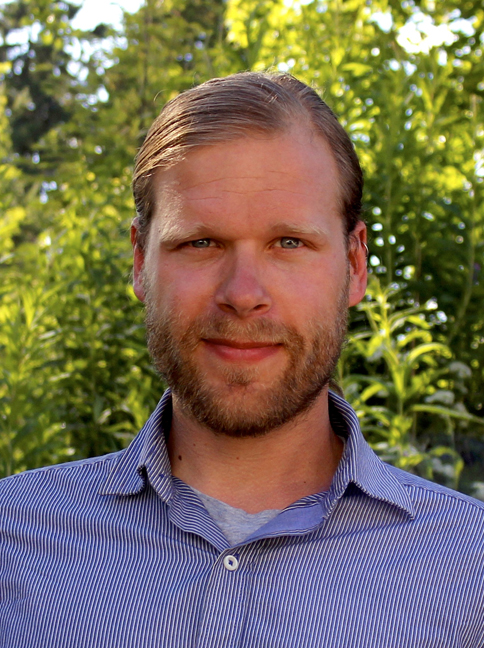
PhD defense, Kasper Kristensen: Spinoza on Ethical Cultivation: An Analysis of Vulnerability, Empowerment, and Early Modern Cultura Animi. The opponent will be Professor Justin Steinberg, Brooklyn College/CUNY.
Thursday March 23, at 10.15–12, in room 3-2028, English Park Campus
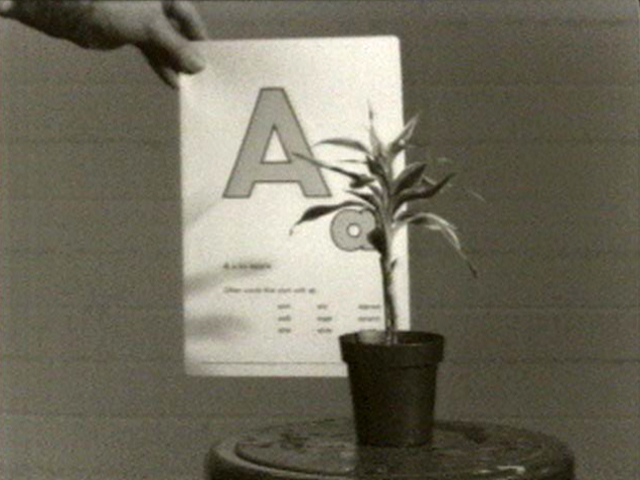
Theme “Failure”, seminar 3 – Failure in Art
In this seminar, we will explore what failure means in the realm of art, where doubt and experimentation hold an essential place. We will discuss five short texts from the anthology Failure, edited by curator Lisa Le Feuvre (Whitechapel: Documents of Contemporary Art series, MIT Press, 2010), that investigates the ways that artists have used and abused the idea of failure in their work.
Reading list:
- “The Success and Failure of Picasso” by John Berger (1965)
- “On John Baldessari” by Sarah Thornton (2008)
- “Failures: Annika Ström” by Lotte Møller (2008)
- “On Pearl Harbour (1971)”by Chris Burden (1990)
- “Failure as a Form of Art” by Hans-Joakim Müller (2009)
About the EV Failure seminars
We live in a society obsessed with success, and our interest in the lives of successful people is seemingly insatiable. Everybody loves a winner, but we seem to be reluctant to even accept the fact that there also are losers. Narratives of failure are often being told in a way that either reveals that they were not really failures to begin with, or if they were, that they merely functioned as stepping stones towards even greater success and were “valuable lessons” the once-failed-now-successful are “grateful” to have learned.
With these seminars, we want to examine in what ways the concept of failure has been thought about by scholars, depicted by artists, and how it might be refocused into something more than the precursor of success.
Tuesday March 28, at 13.15–15, in room 22-1009, English Park Campus, and on Zoom
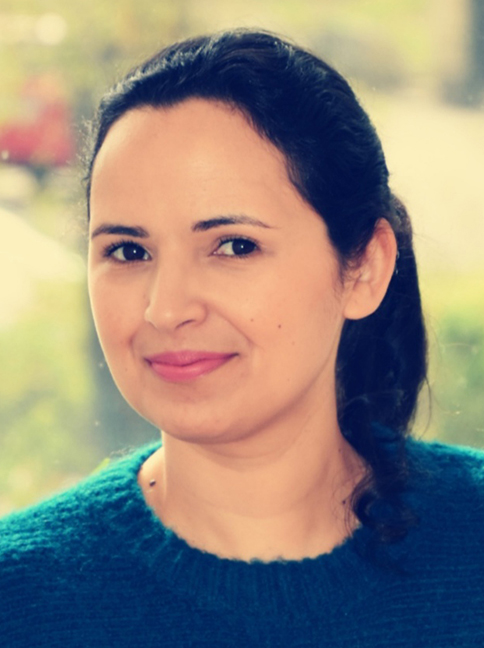
Half-time seminar, Meryem Saadi. Opponent: Christina Fredengren, Professor of Archaeology at Uppsala University. Please contact Meryem for a copy of the manuscript (the manuscript will be available one week before the seminar). For a Zoom link, contact Ann Orrghen at anna.orrghen@konstvet.uu.se.
Friday March 31, more info to follow
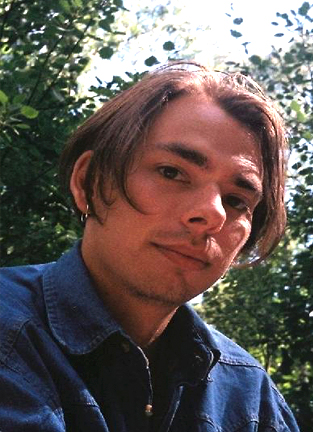
Alexander sallstedt’s final seminar. More info to follow.
Thursday April 20, at 10.15–12, in room 3-2028, English Park Campus
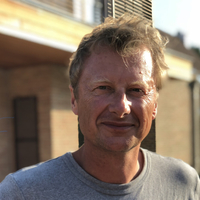
Associate professor Koen Stroeken, Ghent University (https://research.flw.ugent.be/en/koen.stroeken)
”Against the polity prism: Tracing an African tensor”
How come Tanzania, Kenya, Mozambique and Zambia do not exhibit the kind of autocracy found in countries of the former kingdoms Ruanda, Kongo and Buganda? Colonial history readily comes to mind. Despite the call to decolonize African studies, remarkably little is known of internal cultural processes driving precolonial history. In western politics, the secularization that pitted conservatives against progressives is a ‘tensor’ bundling many tensions. In the region spanning central and eastern Africa, I argue, another idea has long been socialized. Ethnographic fieldwork of initiations, a cultural comparison of five kingdoms, altered rites of enthronement, linguistic data and interviews with chiefs together point to the tensor of ‘medicine’. Precolonial kingdoms originated by bending the medicinal tradition of chiefs, who themselves were a special type of healers. Scholars anno 2023, unable to lead us out of the frame of war and governance, may be willing to desert the ‘polity prism’ and rethink politics as the safeguarding of life.
Koen Stroeken is associate professor of Africanist anthropology at Ghent University, Belgium. His publications – including the monographs Moral Power: The Magic of Witchcraft (2010, Berghahn) and Medicinal Rule: A Historical Anthropology of Kingship in East and Central Africa (2018, Berghahn) – mainly deal with African cosmologies and the sensory materiality of magic, medicine and healing.
Friday April 21, at 13 sharp, The Geijer Hall (6-1023), Campus English Park, Uppsala University
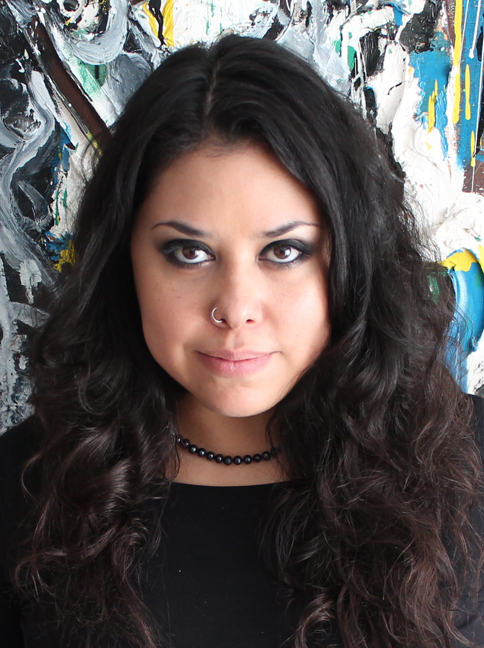
PhD defense, Adelaida Caballero: Shortchanged: Elderly Women Street Vendors in Malabo, Equatorial Guinea. Faculty examiner is Professor Koen Stroeken, Ghent University: https://research.flw.ugent.be/en/koen.stroeken
Tuesday May 9, at 10.15–12, room 3-2028, English Park Campus
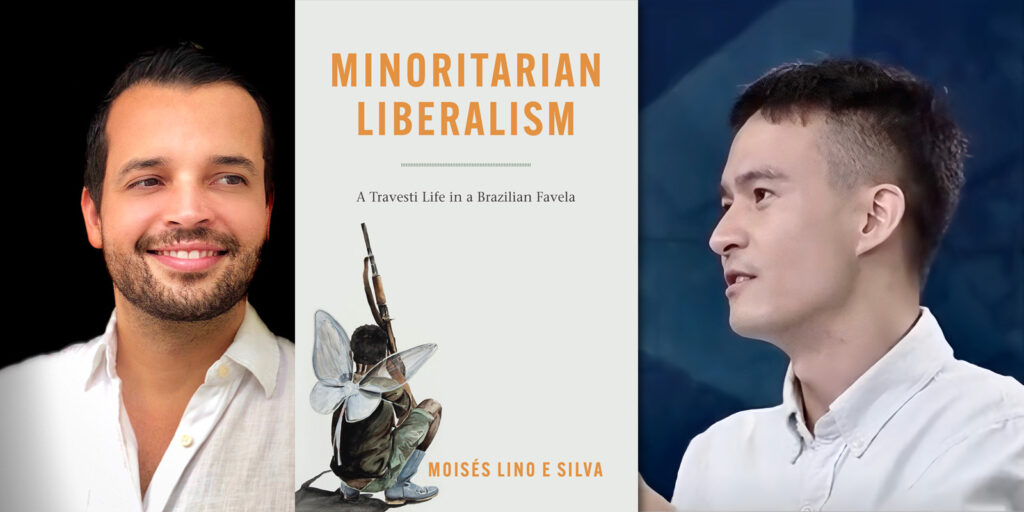
Book talk – Minoritarian Liberalism: A Travesti Life in a Brazilian Favela
The Engaging Vulnerability (EV) research program, in conjunction with the Department of Cultural Anthropology and Ethnology, invites researchers and doctoral students to a book talk with Moises Lino e Silva, professor of anthropological theory at Universidade Federal da Bahia, Brazil. Shen Qing, doctoral student at the Department of Anthropology and Ethnology and in the EV program, will have a conversation with Moises on his book Minoritarian Liberalism: A Travesti Life in a Brazilian Favela (The University of Chicago Press, 2022). There will be room for questions from seminar participants after the conversation.
Thursday May 25, at 10.15–12, room 3-2028, English Park Campus
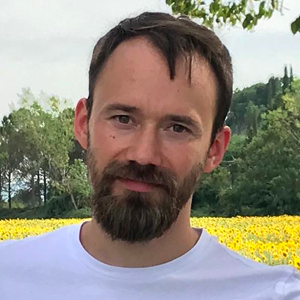
Arvid Lundberg: Openness as Political Culture. The liberalization of a Jordanian desert town
The Arab Spring showed that democratization in the Arab world seldom follows from an uprising against an authoritarian regime. Rather, democratization depends on slower changes. But what kind of changes? In this seminar, I will present a chapter from a book project that answer that question by studying cases where political liberalization is connected to broader cultural changes. The chapter deals with the transformation of the political and social culture of Maan, a desert town in southern Jordan. This transformation is not only about a new national identity or a stronger civil society, but about something else, which several of Maan’s residents call infitāḥ (opening, openness), and which they attribute to the establishment of a university in town. In contrast to famous political concepts for “opening”—such as apertura, abertura and perestroika—that refers to the opening of a closed political system, infitāḥ refers to the opening up of a previously isolated mentality or society. I will also briefly present the book project the chapter is a part of, which shows similar “openings” taking place within education and political activism.
Please contact Arvid (arvid.lundberg@antro.uu.se) for copy of the chapter manuscript. For those who cannot attend physically, there will be an alternative to attend through zoom: https://uu-se.zoom.us/j/68208465189
Monday May 29, at 13.15-16, room 6-3025 (Rausingrummet), English Park Campus
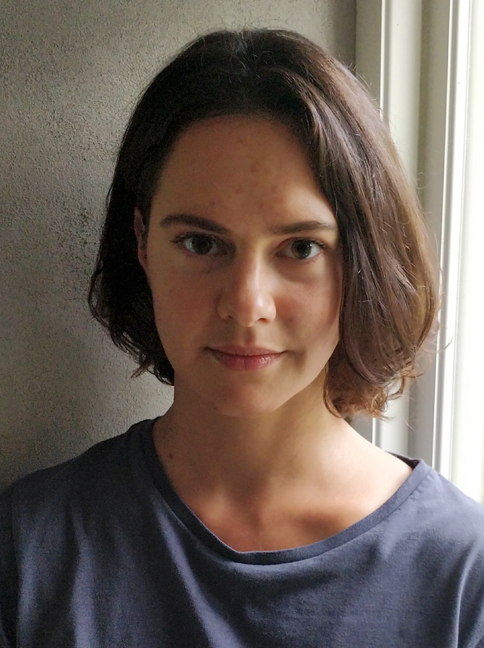
Leyla Belle Drake presents her PhD dissertation draft, with the preliminary title “Antiwar witness testimony and subversive knowledge production at the 1967 Russell Tribunal”. Examiner: Scott Laderman, University of Minnesota.
Monday June 12, at 13:15, English Park Campus, time and venue TBA
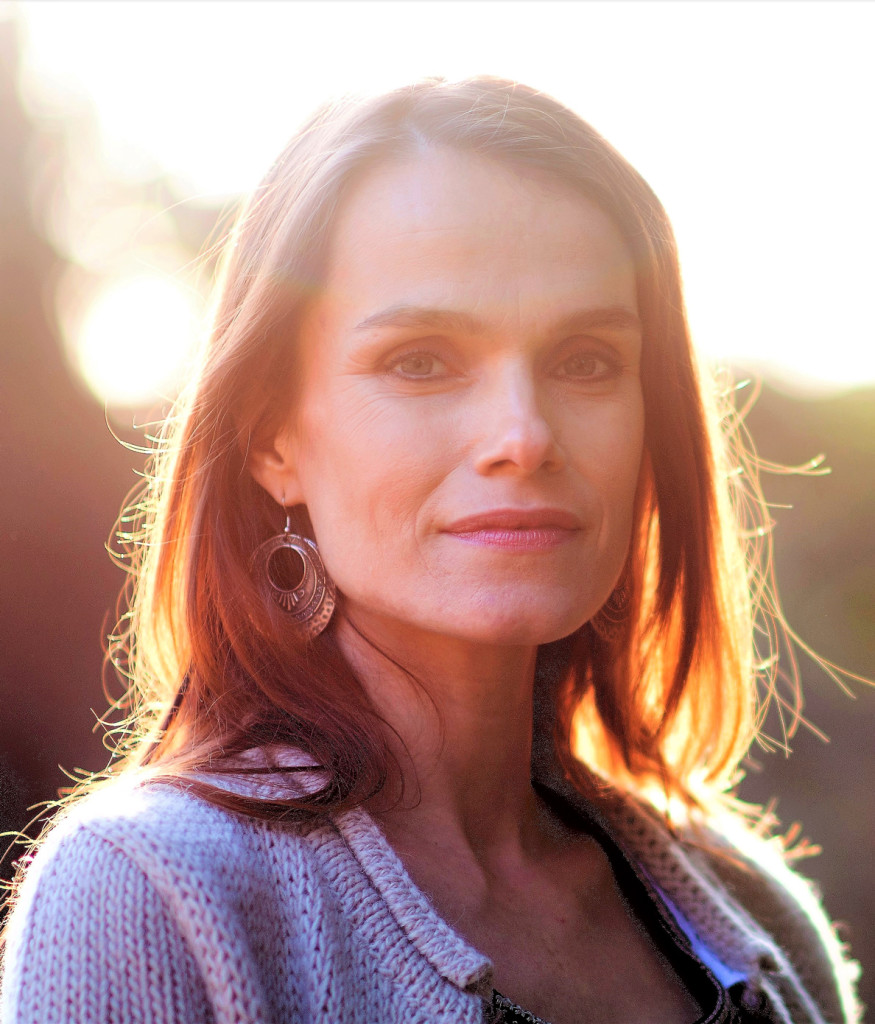
PhD defense, Carolien Hulshof. More info to follow.

English Park Campus – Centre for the humanities: http://www.engelskaparken.uu.se/?languageId=1

